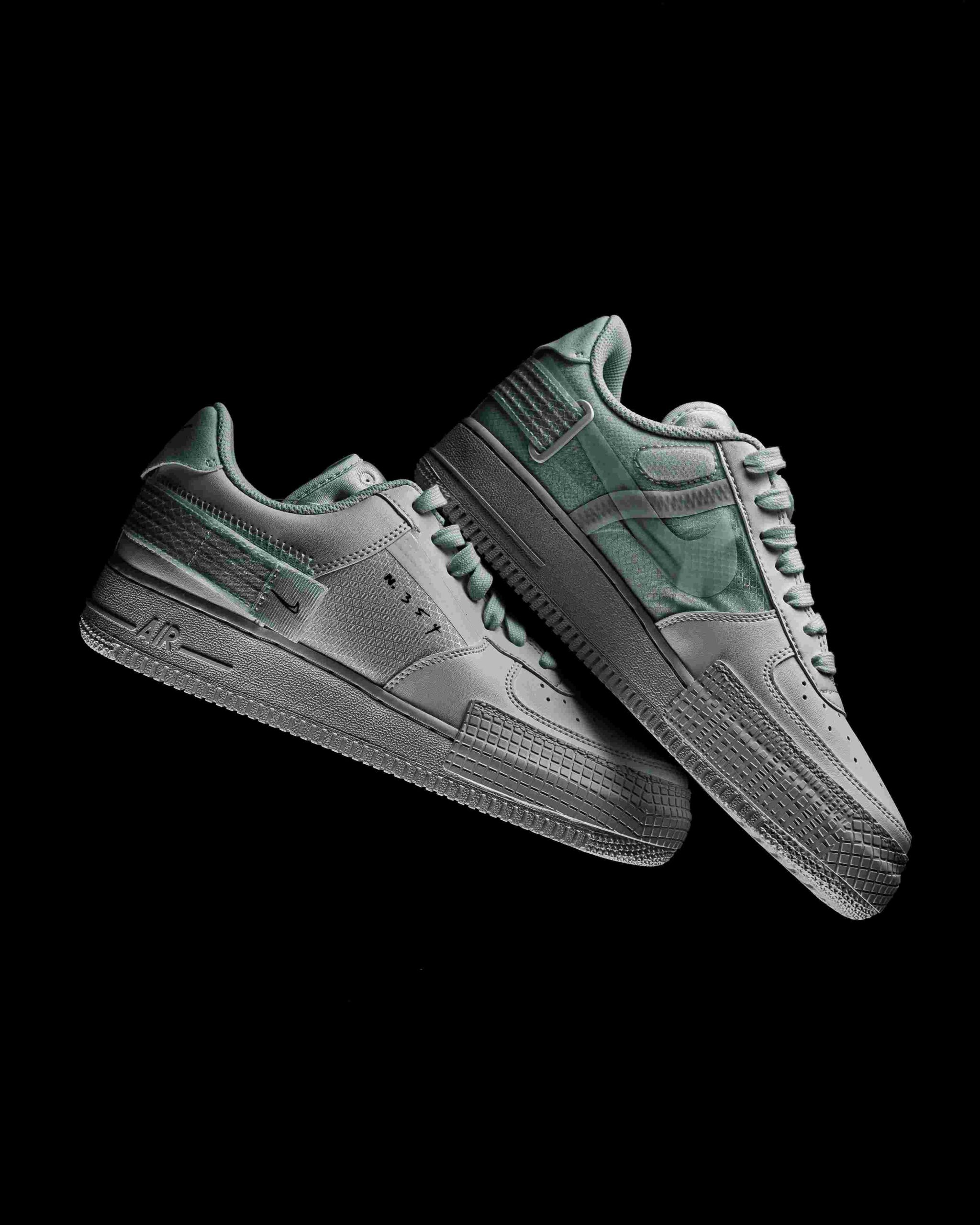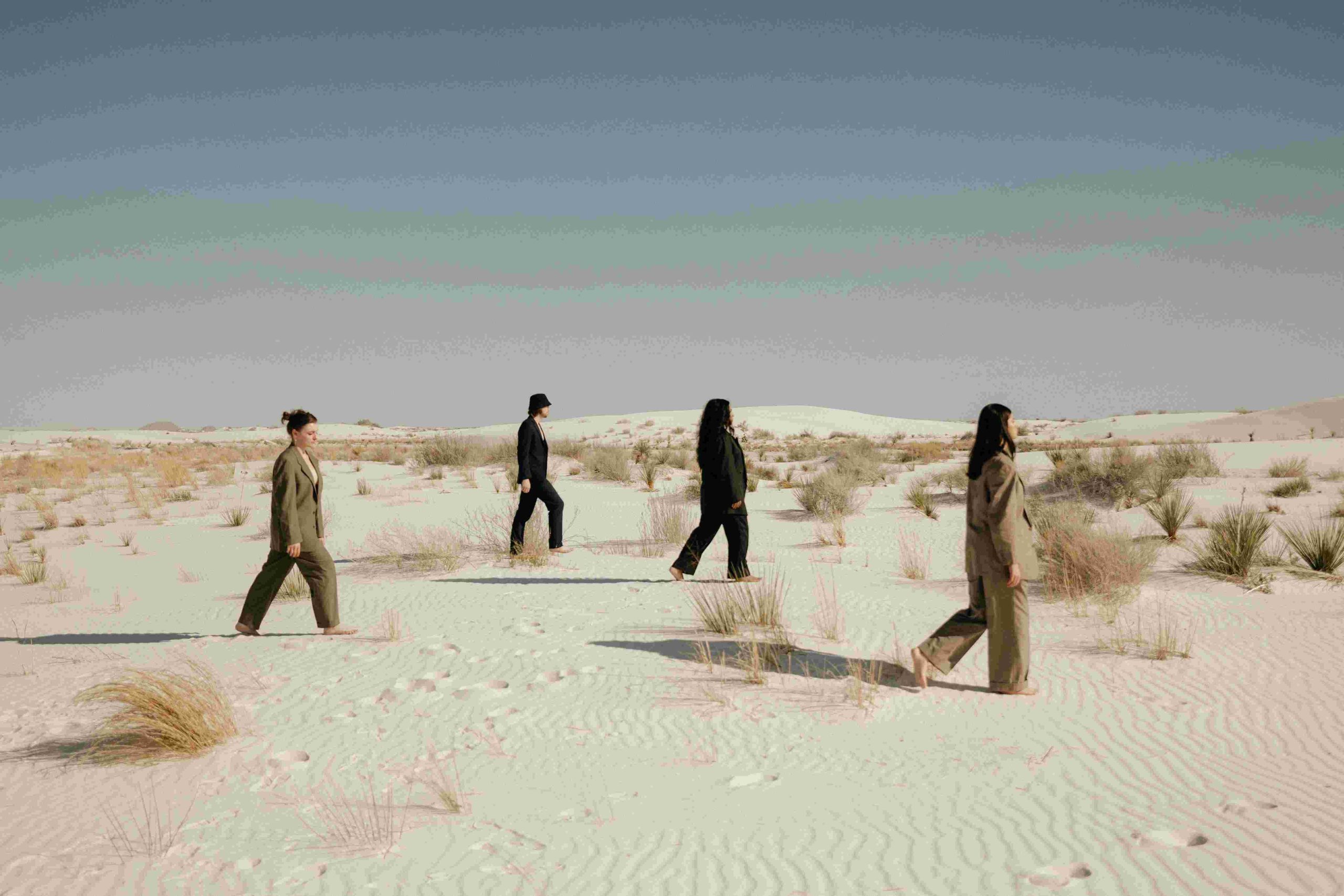The Far-Reaching Impacts of Fast Fashion on Our Environment
It is a bold statement, but the fashion industry is an environmental disaster waiting to happen. Fast fashion, with its rapid production cycles and insatiable consumer demand, has infiltrated our lives and led to an unprecedented ecological crisis. The alarming ramifications are profound—not only for our planet but also for our societal norms and individual behaviors.
Reflecting on my journey, I remember the thrill of scoring a trendy outfit for a fraction of the price, unconcerned about the filaments of environmental degradation woven into its fabric. Yet, as I began to educate myself on the fashion industry’s inner workings, I realized my purchases contributed to a larger narrative of depletion and degradation. This personal awakening led me to consider the broader societal implications of our collective purchasing decisions.
Challenging Conventional Wisdom
Traditionally, we have believed that convenience and affordability triumph above all else. However, this perspective neglects the devastating impact of our choices on global ecosystems. With each impulse buy, we perpetuate a cycle that diminishes our precious natural resources, pollutes waterways, and contributes to waste in landfills. By challenging this mainstream mentality, we open up spaces for innovative solutions that prioritize sustainability over fleeting trends.
A Multidimensional Approach
To thoroughly understand the impact of fast fashion, we must engage with a multidisciplinary lens. Insights from psychology reveal the compulsive behaviors that drive consumerism—an addiction to novelty that leads us to prioritize image over integrity. Meanwhile, philosophical considerations compel us to reflect on our ethical responsibilities as consumers. The integration of technological advancements can also spur changes in production practices, allowing us to leverage automation and artificial intelligence in a way that fosters mindful consumption.
Future Trends: A Shift Towards Sustainability
As we gaze into the future, it is imperative to recognize that the trajectory of fashion is shifting. The rise of circular economies, which emphasize reuse and sustainability, is becoming increasingly relevant. We see startups focused on recycling textiles, creating digital wardrobes, and platforms that validate thrift shopping. Not only do these initiatives benefit the environment, but they also allow consumers to embrace their individual style without the weight of ecological guilt.
Practical Steps Toward Change
Transitioning away from fast fashion does not require a complete overhaul of one’s wardrobe overnight. Instead, it can begin with simple, actionable steps:
-
Educate Yourself:
Understand the true cost of your clothes, from manufacturing to disposal. -
Make Mindful Purchases:
Invest in quality pieces that transcend seasonal trends. -
Embrace Thrifting:
Explore second-hand stores or online consignment shops. Not only do they offer unique finds, but they also reduce waste. -
Support Sustainable Brands:
Seek out companies that prioritize ethical labor practices and environmentally responsible materials. -
Participate in Clothing Swaps:
Organize or attend swaps in your community to refresh your wardrobe without impacting the planet.
Imaginative Metaphors: The Fabric of Our Choices
Consider our clothing choices as the threads within a tapestry, where each strand embodies our values and beliefs. A single thread might seem insignificant, yet when woven together with intention and mindfulness, it creates a magnificent narrative of resilience and sustainability. Just as a distinguished tapestry takes effort and foresight to create, so too must we be deliberate in our choices to foster a world where fashion and the environment coexist harmoniously.
The Importance of Lifelong Learning
Continuous education is paramount. By engaging with resources that track fashion’s environmental impacts, we empower ourselves to make informed decisions. Whether through documentaries, books, or workshops, the more knowledge we acquire, the better equipped we become to enact change. Sharing insights with peers amplifies the message and fosters a community committed to sustainable practices.
Call to Action
While the statistics surrounding fast fashion can be disheartening, the power to instigate change lies within each of us. By taking deliberate steps toward sustainable consumption, we can cultivate a movement that prioritizes the planet over profit. I invite you to reflect on your purchasing habits—do they align with the values you hold dear? Together, we can challenge the status quo and pave the way for a fashion revolution that honors both our creativity and our responsibility to the Earth.
Critical Thinking: Questioning the Norm
Fast fashion thrives on the illusion of abundance; however, it is vital to question whether this abundance serves us or merely perpetuates a cycle of consumption. By offering a unique perspective on sustainability, we can break the chains of complacency and forge pathways to a more equitable fashion landscape. Challenge yourself and others to reconsider the choices we make—open dialogues about waste, ethics, and sustainability can lead to transformative ideas.
Bringing It Full Circle
As we contemplate the fast fashion industry’s impact, it becomes clear that each decision has the potential to effect change. From personal anecdotes to global responsibilities, the fabric of our society is intricately tied to the threads of fashion. So, let’s weave a new narrative, one that celebrates sustainability and respects our planet.










